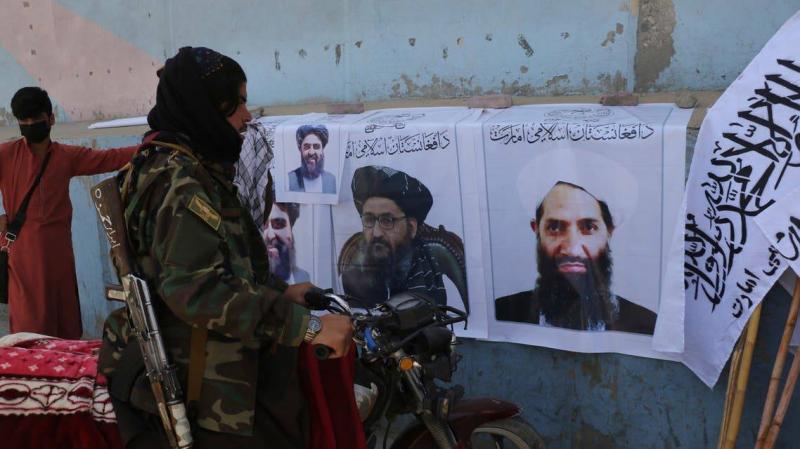The United Nations confirmed that it is powerless to solve all the problems facing Afghanistan, noting that it may engage in dialogue with the Taliban but lacks the ability to influence them. Secretary-General Antonio Guterres stated that he supports efforts to convince the group, which has controlled the country since mid-August 2021, to form a more inclusive government than it had 20 years ago.
However, he added that the UN has little capacity for mediation and should focus on "its role as an international organization that exists to support the Afghan people." Furthermore, he emphasized, according to Reuters today, that while the UN may engage in dialogue with the Taliban, the group will never accept having the organization play a role in forming a new Afghan government. He stated, "Do not expect miracles."
Guterres considered any suggestion that the international organization could solve Afghanistan's problems as "a delusion," reaffirming that its capacity to mediate for a more inclusive government is limited. In response to a question about whether he felt pressure to assist the country in its plight, Guterres said, "I think there are expectations based on no foundation" that the UN has significant influence over the situation as the main international organization still present there.
He also noted, ahead of next week's annual gathering of world leaders in New York, that "those who think we can now, without military forces or money, solve problems that others have been unable to resolve over two decades are delusional." He added that the UN will do all it can for a country "on the brink of a major humanitarian crisis."
Regarding humanitarian aid, he believed it should be used as a tool to help persuade the Taliban to respect basic rights, including the rights of women and girls. It is worth noting that half of Afghanistan's population relied on aid even before the Taliban took control of the capital, Kabul, and that number is expected to rise due to drought, shortages of basic goods, and other factors. Meanwhile, Western governments have pledged to provide more than $1.1 billion in aid this week for Afghanistan and refugee programs in neighboring countries.




